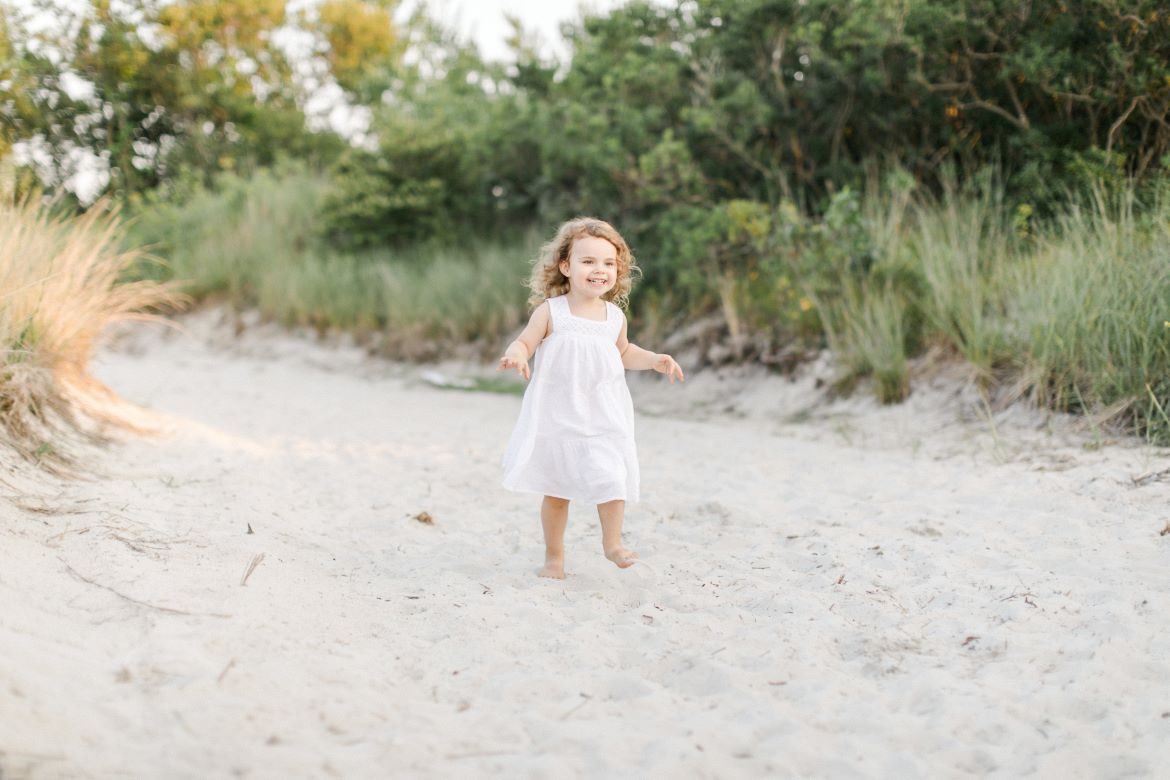By Elizabeth Pantley
Is your baby only happy when you’re playing with her? If you dare to leave the room, does she cry as if you’ve left the country? Here are some tips to help her learn to enjoy her independent playtime.
Think about it
Playing with her important people is certainly at the top of any baby’s list of favourite things to do – you should feel honoured to hold that spot! Still, it’s not good for either of you if she can’t play by herself for short periods of time. Independent play benefits not just you, but her, too. It helps develop creativity, confidence, patience, attention span and many more desirable attributes. So while you get to cross a few things off your to-do list, she works on her growth and development. So don’t feel guilty about wanting this for yourself, and for your baby. As long as you maintain balance between solitary and “together” playtime. Both kinds are important to her development.
The steps to independence
Encouraging independent play isn’t something you can accomplish overnight, but there are many steps you can take to gradually help her towards discovering what a wonderful “playmate” her own imagination and independence can be. Try these:
- Play peek-a-boo or a short version of hide and seek with your baby. Once she understands that you are still there even when she can’t see you, she’ll be more comfortable when she can’t see you.
- Don’t sneak out of the room when she’s not looking. When she realises you’re gone, she may panic and forever after worry that you’ll disappear if she isn’t paying attention. That said, don’t make a big production of your walking away, either. Just casually tell her what you’re going to do: “I’m taking this basket to the laundry room.” Or, “I’m going to get my glasses.” Then sing, talk or hum as you go so that she can still hear your voice even though she can’t see you.











